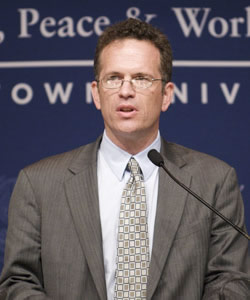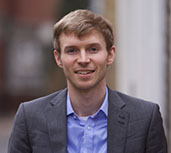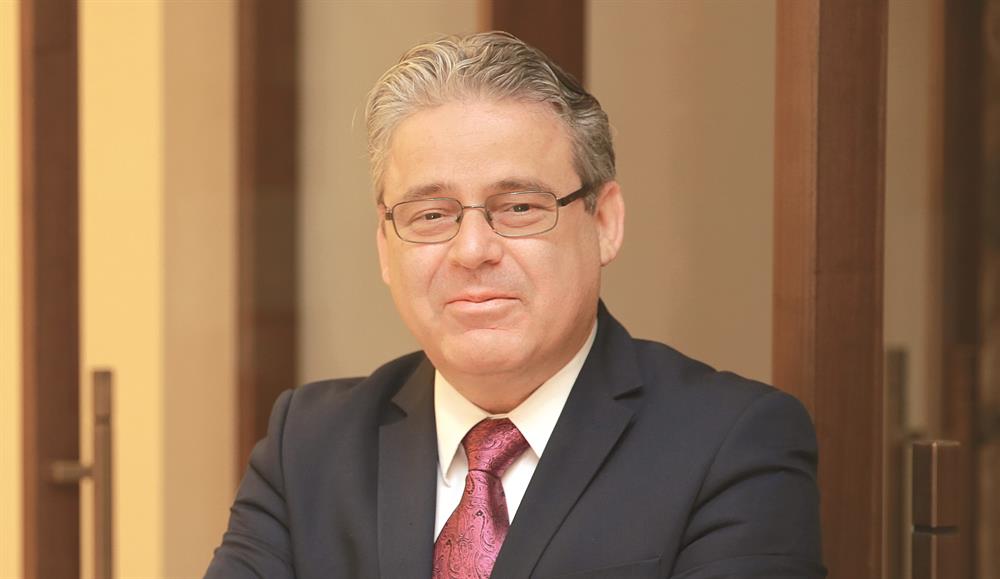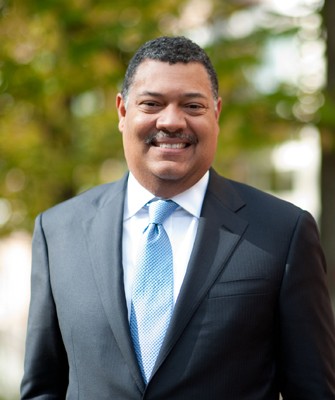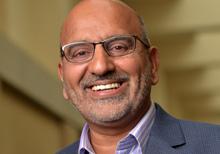Modernity has played havoc in appraising human personhood. Science and technology are progressing unabatedly to improve the quality of human life, and yet the end result unwittingly points to further confusion in appreciating the natural and spiritual dimensions of the human person. Increasingly, human beings appear mono-dimensionally geared towards improving and maintaining their physical form, devoid from a meaning that is connected with their total existence on the planet.
The indifference with which we treat human relationships today has prompted many religious leaders to assert the foundational religious mission of creating human communities that value their beliefs, practices, and interaction with fellow humans. “Where are science and technology taking us?” is an oft-repeated question when biotechnology, through assisted reproduction or genetic engineering, interferes with the psychosomatic constitution of human beings and threatens to affect future generations undesirably. What has a religious tradition like Islam, which has a documented history of encouraging and endorsing scientific research that benefits humanity as a form of devotion to God (‘ibada), to say about biotechnological research — whose benefits remain to be proven?
Religions emerge with a single most important purpose: to guide humanity toward spiritual and moral perfection by connecting them to one another. They aim to steer humanity toward a meaningful life. Spiritual and moral guidance prepares humanity to become the conduit for divine purposes on earth. Besides divine revelation and endowed reason, the entire natural environment also contributes to human endeavors to further spiritual and material well-being. Humans discover new resources through science and deepen their understanding of the underlining laws of nature that govern creation as a whole. This is the juncture where human beings interact with the natural world to understand and garner its functionality to their advantage. In this way, science is at the service of humanity to advance it to attain its divinely ordained personhood.
The Unfolding of Scientific Truth
In this sense, the future of human personhood is intimately intertwined with the unfolding of scientific truth. The Qur’an captures the comprehensive mission of revelation from God in these terms: “We shall show them [human beings] our signs in horizons and in themselves, so that it will become clear that it is the truth. Is it not enough that your Lord is witness over all things?” (Q. 41:54). The “signs in the horizons” are, collectively, nature, which moves in an orderly fashion that suggests the purposiveness of creation; the “signs” in human beings suggest the human capacity to understand right from wrong and to promote the good of the larger community of which they are a part.
Yet phenomenal advancements in biotechnology reveal the tensions that may arise between scientific developments and religiously inspired conceptions of order and progress. For example, the claim that scientists can use genetic modifications to produce healthier babies or clone more desirable persons threatens the meaning of an individual’s organic connection to society and nature. The promise of progress through scientific manipulation seems to conflict with the priorities of morally and spiritually aware members of a community that consciously wills justice and compassion for its members in accordance with a divine order or plan.
No Harm, No Harassment
Besides the need to understand and live within the order of nature, humans need to search for practical ways to pursue their individual interests as well as the collective good. The Qur’an emphasizes the purpose of interpersonal relations by reminding humanity that they have been created of a male and a female and made into nations and tribes in order for the people to “recognize each other” (Q. 39:13). What is the best course of action that people can adopt to “recognize one another?”
The most fundamental principle of Muslim social ethics is “No harm, no harassment,” which means there shall be no harming, injuring or hurting of one human by another in the first instance, nor in requital. In other words, no course of action that leads to one human being harming another should be adopted. This principle has served as an important check on the potentially dehumanizing implications of advanced medical technology and research in the life sciences. There is a clear need for moral analysis about what is permissible or impermissible when human life and dignity — human personhood — are at stake.
In a world characterized by competition over recognition and financial advantage, the potential implications of biomedical research that deals with human subjects increase the need for a regulatory body that can appraise ethically questionable modes of research and experimentation. Although international standards for biomedical research involving human subjects are gradually being adopted in Muslim countries, there is a widespread lack of accountability among medical professionals and researchers in the life sciences who often lack the training and sophistication needed to deal with major ethical and theological quandaries.
There is no way to separate the subject and the object of experimentation when the investigation deals with human beings. Yet no amount of medical erudition or expertise can by itself provide the ethical criteria necessary for rulings that may involve life-and-death decisions. Respect for human personhood is built upon one’s personal moral convictions and the ability to consider the merit of necessary particular scientific intervention in a person’s course of medical treatment. In the final analysis, any and all experimentation dealing with human beings carries with it a moral responsibility – a responsibility to the subject, who has a right to know, to comment, and to seek guidance before agreeing to any scientific intervention that can impact his or her personhood.


